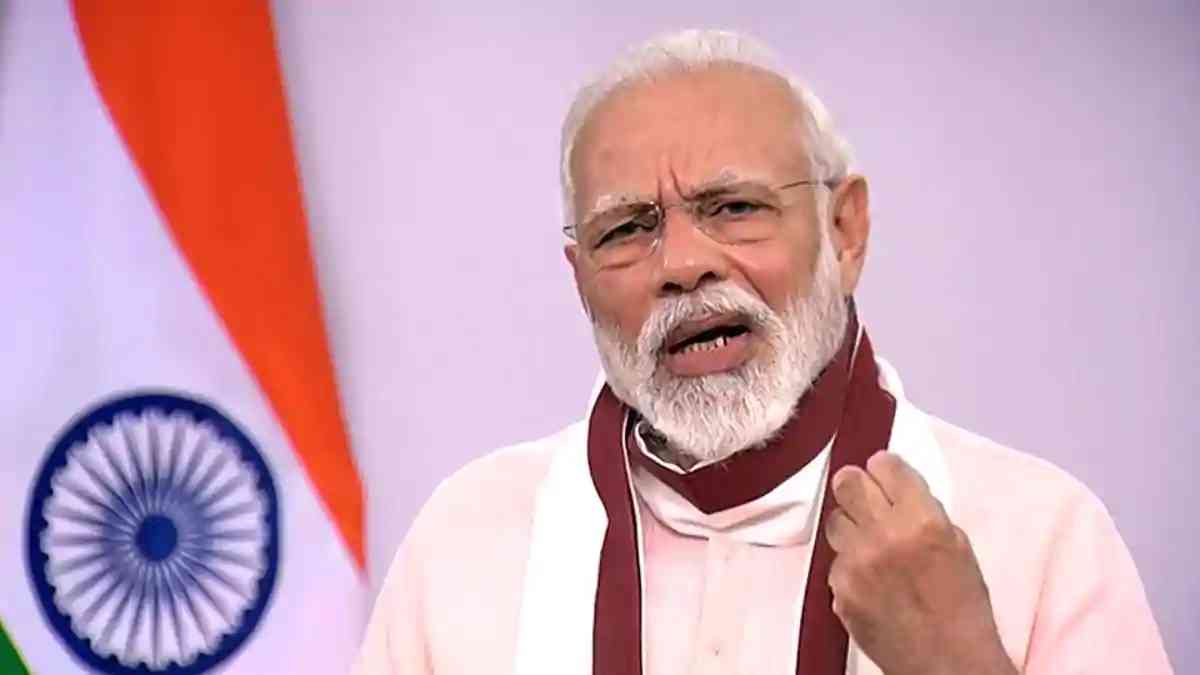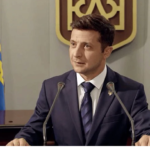Indian Prime Minister Narendra Modi and Ukrainian President Volodymyr Zelensky met in Kyiv on August 23, 2024. During his recent visit to Kyiv, Indian Prime Minister Narendra Modi made headlines, reminiscent of the high-stakes shuttle diplomacy conducted by the United States after the 1972 Arab-Israeli war.
This trip marked a historic moment, as it was the first time an Indian Prime Minister had visited Ukraine since its independence in 1991, highlighting the importance of India’s growing role on the global stage. Only seven weeks prior, Modi had visited Russia, India’s traditional ally, marking the first official foreign trip of his third term in office.
While India’s Western allies expressed measured concern over this visit, Ukrainian President Volodymyr Zelensky offered a more pointed critique, expressing disappointment at seeing the leader of the world’s largest democracy engaging with what he referred to as “the world’s most bloody criminal” on a day marked by tragedy, when a Ukrainian children’s hospital was bombed, resulting in significant casualties.
Some analysts suggest that Modi’s trip to Ukraine was an attempt to smooth over tensions following his visit to Moscow. However, seasoned observers of Indian foreign policy recognise this move as part of India’s longstanding approach to maintaining a strategic balance that aligns with its national interests.
- Scientific analysis reveals excessive ammonia in Kano drainages, river
- Credible opposition: What PDP owes self and Nigeria
India has consistently navigated a complex international landscape, asserting its place as a significant player on the world stage. Modi’s visit underscores the complexities of sustaining a delicate diplomatic balance in a world increasingly divided along geopolitical lines.
Shortly before his visit to Poland and Ukraine, India hosted Russian Navy Chief Admiral Alekseyevich Moiseyev for an official visit, reflecting the shifting geopolitical landscape in South Asia, following recent developments in Bangladesh. These moves illustrate India’s adeptness at managing relations with various global powers, even amid regional and global tensions.
A new approach to peace? Successful peace initiatives require inclusivity and genuine engagement from all parties involved, rather than unilateral declarations. Earlier this year, India attended the summit on peace in Ukraine held in Switzerland, signaling its commitment to diplomacy.
However, India chose not to endorse the Joint Communique, citing the absence of Russia as a key stakeholder in the conflict. This decision reflects a broader trend towards multilateralism and the growing influence of non-Western powers in mediating global disputes.
The near-success of peace talks between Russia and Ukraine in the spring of 2022, facilitated by Israel and Turkey, underscores the critical role of non-Western nations in conflict resolution. These efforts, however, were reportedly undermined by Western powers, according to insights from investigative journalist Seymour Hersh and former Israeli Prime Minister Naftali Bennett.
This scenario highlights the limitations Western states face when attempting to mediate conflicts in which they are perceived as partial. With the effectiveness of Western sanctions questioned and the rise of China altering the balance of power in the Indo-Pacific, the responsibility for promoting global peace increasingly falls on non-Western countries. Nations like India, viewed as impartial and neutral, are stepping forward to fill this role.
Modi’s recent diplomatic engagements have reinforced India’s position as a proponent of peace, emphasising that conflicts cannot be resolved on the battlefield. Modi’s visit to Poland, marking the first by an Indian leader in 45 years, signifies a shift in India’s diplomatic focus towards Central and Eastern Europe.
Historically, India’s ties with this region have been cautious, shaped by its longstanding relationship with Russia. Even after the dissolution of the Soviet Union, India’s engagement with former Warsaw Pact countries progressed slowly compared to its relations with Western Europe and the United States.
However, the ongoing conflict in Europe has thrust regional issues onto the global stage, often overshadowing the pressing concerns of the developing world. As a self-declared leader of the Global South, India is now seeking deeper engagement with all parties involved in the conflict, advocating for dialogue and diplomacy.
These efforts seem to be yielding results. Zelensky has proposed that the next round of peace talks be held in India, following India’s successful hosting of the G20 summit, which saw the adoption of a mutually acceptable declaration.
Zelensky, however, has suggested that India’s participation in the peace process should begin with signing the Switzerland summit’s communique—a move India is unlikely to make unless Russia is included in the dialogue. With platforms like BRICS+ gaining prominence, the influence of non-Western voices in global affairs is becoming more pronounced.
Jallow, a public affairs analyst wrote this piece from Abuja.

 Join Daily Trust WhatsApp Community For Quick Access To News and Happenings Around You.
Join Daily Trust WhatsApp Community For Quick Access To News and Happenings Around You.

